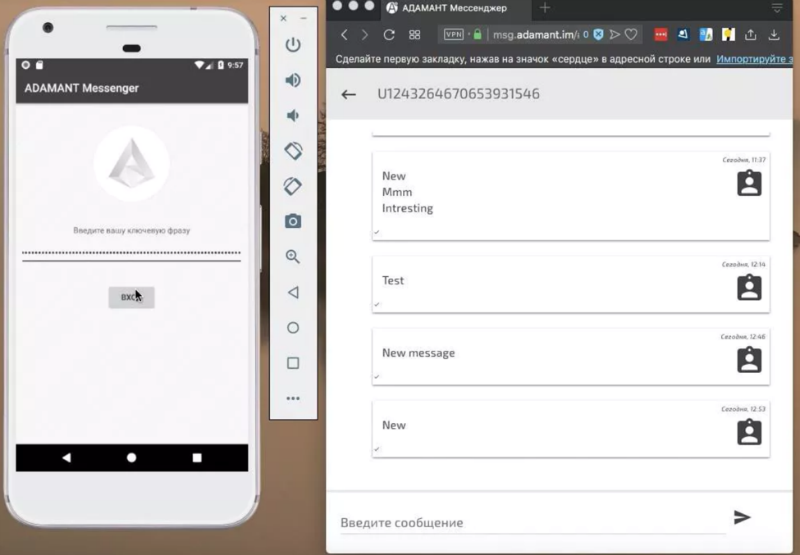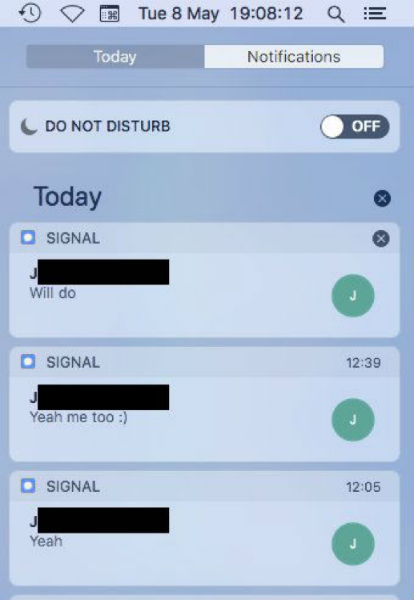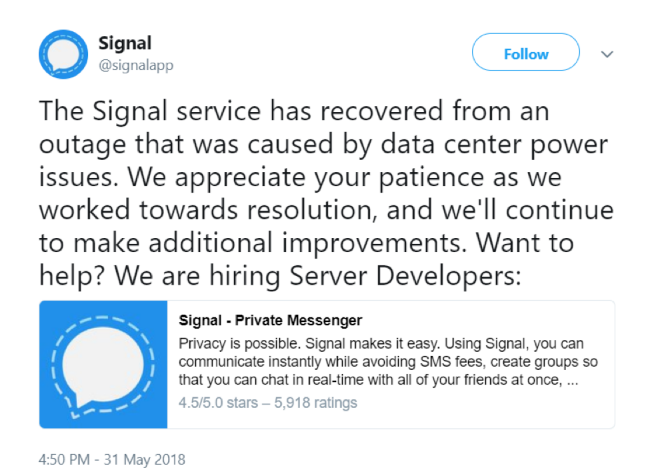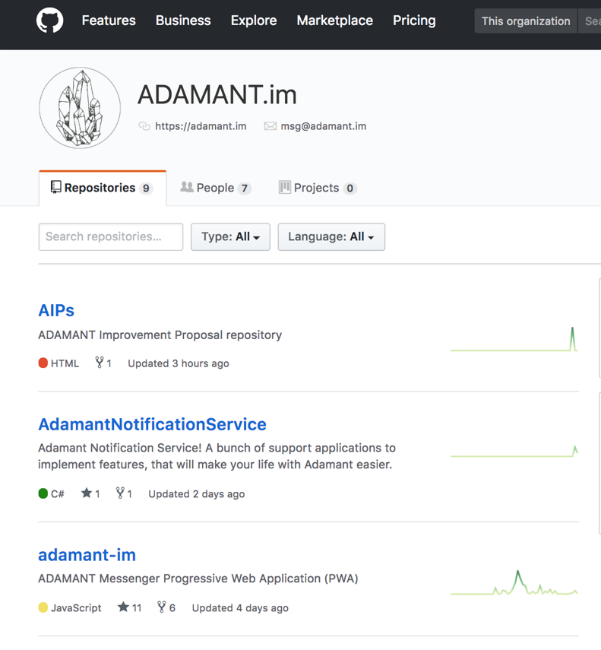How to choose a truly protected messenger and what has the blockchain here

In the app stores today you can find dozens, if not hundreds of different instant messengers. Some of them call themselves protected, but in practice this is far from being the case. Today we will talk about how to choose a truly protected instant messenger, and what does the blockchain technology on which ADAMANT is built on ?
Decentralization is very important.
Modern instant messengers are most often centralized or built on P2P technology. In both cases, the data can be intercepted and stolen. In the case of a centralized system, the attackers only need to hack the central server, and with the P2P scheme, the information is stored on the devices involved in the correspondence, so if the task of an attack of a particular user is set, it is enough to compromise his device or gadget of the person with whom he communicates.
Even the most secure messengers have various security problems. A recent case - a software error led to the fact that deleted messages sent from the Mac client of the Signal messenger were not actually deleted completely.

In addition, even P2P messengers depend on the performance of their servers:

Blockchain allows you to get rid of such problems. The ADAMANT messenger built on it stores messages in a distributed blockchain. As a result, information is not stored on the device itself, and the blockchain nodes store encrypted messages in free access. End encryption makes it impossible for any third party to access the content of the correspondence.
Open source code
The source code of almost all popular instant messengers is fully or partially closed. This is logical, because almost all of them are managed by large corporations that are alien to the concept of transparency. This concerns Telegram, which will open the source code " someday ." No one wants to help independent information security researchers who are looking for vulnerabilities in their products and telling the public about them. It is extremely rare that some part of the code is opened - as in the case of the Wikr messenger last year - but these are single stocks.
On the contrary, the ADAMANT project team has fully opened the product development process. Repositories with full messenger code are available on GitHub.

Open source is not the main advantage of ADAMANT. The project team is set up so that, ultimately, both the infrastructure and the messenger applications themselves are supported by the community, as it is now happening with Bitcoin.
Focus on personal data security
To use popular instant messengers, you will need to provide them with a wealth of personal information, ranging from phone numbers, contacts, to application usage data . But the more data the application collects, the higher the likelihood that some of them "leak". This can happen even with the most secure messenger, as the Signal example shows (which is exactly how it positions itself).
Mandatory identification of users by phone number in almost all instant messengers (including Signal and Telegram), coupled with the termination of the free sale of SIM-cards and disconnection of already sold ones, raises the question at all - is this not a planned campaign of states to create the illusion of secure correspondence?
In addition, personal data may be in the hands of third parties or other companies, not as a result of a leak, but for money. Companies creating instant messengers need to somehow earn money, and given that most of these applications are free for users, they themselves become the product. As a result, their information is used for advertising and sold on the side. It is impossible to wait for anything else from free instant messengers (we will say directly - nothing free happens).
Therefore, ADAMANT uses a different approach to monetization - users of this application pay a small amount of cryptocurrency to deliver their messages, which is used to maintain the network - the motivation for connecting “delegates” to the blockchain! In order to use it you do not need anything at all, even the phone number or the provision of a list of contacts. To try ADAMANT in work, go to the web application msg.adamant.im , and get test tokens for correspondence.
Comparison of security of instant messengers
Many users are confused by the fact that messages are stored forever in the blockchain. After all, this means that even if they are now protected by cryptography, who guarantees that in the future existing encryption algorithms will not be able to be hacked (for example, with the advent of quantum computers)?
For a number of reasons, these risks are not too significant. First, the blockchain allows you to create chats that can be deleted (using the side chains approach)
Secondly, it will be difficult to fully decrypt the data in the blockchain anyway - after all, each of the correspondents has their own key. This means that even if the decryption method appears in the future, its use will still require resources and time. Invest them to hack all the messages of all users of a particular messenger does not make sense. At the same time, on the Internet, everything is somehow “under the hood” of special services (let us recall the PRISM program or the law of Spring).
Well, is it worth saying that the emergence of quantum computers capable of deciphering everything that is encrypted today will be a powerful shock for the entire IT industry, it will be a completely different reality.
Therefore, to fantasize about it at the moment there is no practical sense. But in comparison to the current level of data protection of users of different messengers, it is. Here's how the situation is with this today (by clicking on the picture, it will open in full size): In the case of the ADAMANT messenger, linking the message history with a specific user will be problematic.

Have questions about the application's operating scheme or do you want to test it? Write in the comments, and the project team members will explain everything in more detail.
